Provide an appropriate response.If -24x2 + 12x + 3 represents the area of a rectangle and 3x represents the width, does  represent the length?
represent the length?
Fill in the blank(s) with the appropriate word(s).
Yes
You might also like to view...
Solve the problem.Find the foci and asymptotes of the following hyperbola: -
-  = 1
= 1
A. Foci: (0, -9), (0, 9); Asymptotes: y =  x, y = -
x, y = -  x
x
B. Foci: (-9, 0), (9, 0); Asymptotes: y =  x, y = -
x, y = -  x
x
C. Foci: (0, -15), (0, 15); Asymptotes: y =  x, y = -
x, y = -  x
x
D. Foci: (-15, 0), (15, 0); Asymptotes: y =  x, y = -
x, y = -  x
x
Give the coordinates of the vertex and graph the equation in a window that includes the vertex.y = (x + 4)2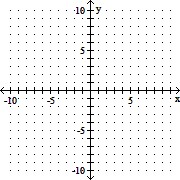
A. Vertex: (4, 0)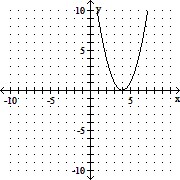
B. Vertex: (0, -4)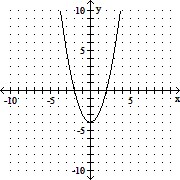
C. Vertex: (-4, 0)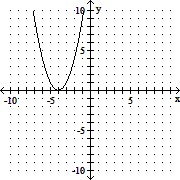
D. Vertex: (0, 4)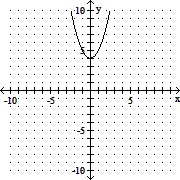
Use a graphing calculator to solve the system of equations. Round your solutions to one decimal place.1.6x - 0.1y - 3.9z = 1.74.6x - 7.0y - 1.6z = -5.04.4x - 4.5y - 4.4z = -4.1
A. (-22.3, -11.8, -9.3) B. (-89.3, -47.3, -37.2) C. (-178.6, -94.6, -74.3) D. (-44.6, -23.7, -18.6)
Graph f as a solid line and f-1 as a dashed line in the same rectangular coordinate space. Use interval notation to give the domain and range of f and f-1.f(x) = x3 - 2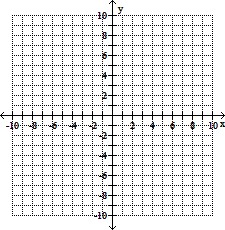
A. 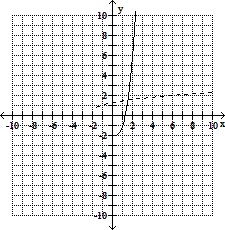
f domain = (0, ?); range = (-2, ?)
f-1 domain = (-2, ?); range = (0, ?)
B. 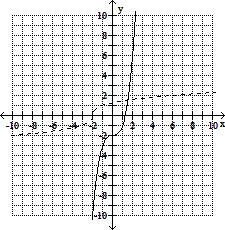
f domain = (-?, ?); range = (-?, ?)
f-1 domain = (-?, ?); range = (-?, ?)
C. 
f domain = (-?, ?); range = (-?, ?)
f-1 domain = (-?, ?); range = (-?, ?)
D. 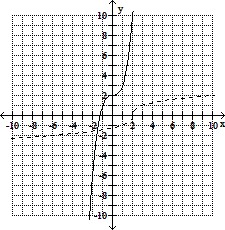
f domain = (-?, ?); range = (-?, ?)
f-1 domain = (-?, ?); range = (-?, ?)